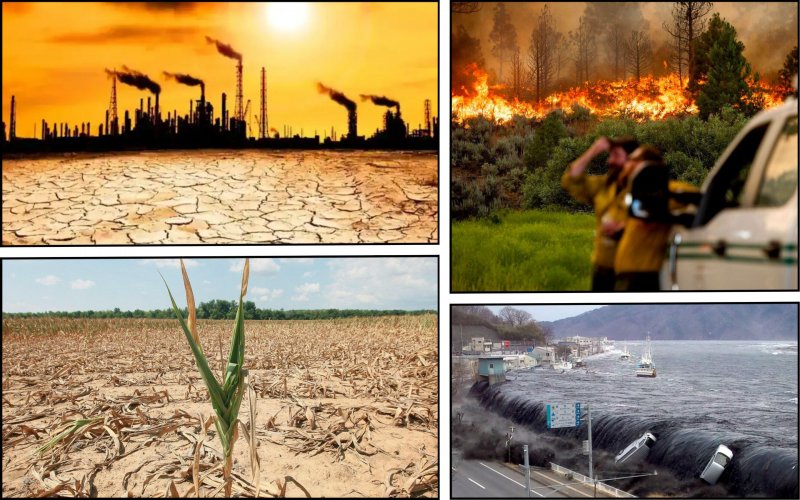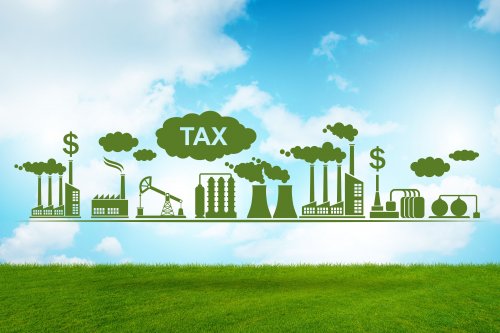A new report by the United Nations has shown that carbon emissions will be reduced by 2% from 2019 levels by 2030, although the Paris Agreement calls for a 43% reduction.
Governments have not made enough progress in reducing greenhouse gas emissions to prevent the worst effects of global warming, Reuters reports.
It is noted that such a large-scale reduction is necessary to keep global warming within 1.5°C.
The article emphasized that the report was released on the eve of the annual COP28 climate summit. At the event, governments will insist on more active climate protection measures, including a possible phase-out of fossil fuels by 2050.
"COP28 is set to be a historic turning point in this critical decade," said Sultan Al Jaber, chairman of the UAE's state-owned oil company, who will chair the talks.
By 2030, emissions are expected to increase by 9% compared to 2010, even if governments meet their Nationally Determined Contributions (NDCs). However, greenhouse gas emissions will peak before the end of the decade.
"Global ambitions have stagnated over the past year, and national climate plans are strikingly inconsistent with scientific evidence," said UN Secretary-General Antonio Guterres. "The gap between needs and action is more threatening than ever."
An analysis by the Helsinki-based Center for Energy and Clean Air Research found that China's carbon dioxide emissions could begin to "structurally decline" as early as 2024, thanks in part to a record number of renewable energy installations.
It is noted that the intensity of CO2 emissions in China and the United States will be crucial to achieving global climate goals.
Earlier, EcoPolitic wsrote, that a study by American scientists showed that the world is in the early stages of a climate emergency and will exceed the level of global warming by 1.5°C by 2030 and by 2°C by 2050.
As EcoPolitic previously reported, a study by scientists from the Copernicus Climate Change Service showed that 2023 was the hottest year on record and exceeded the pre-industrial period by 1.43°C.





